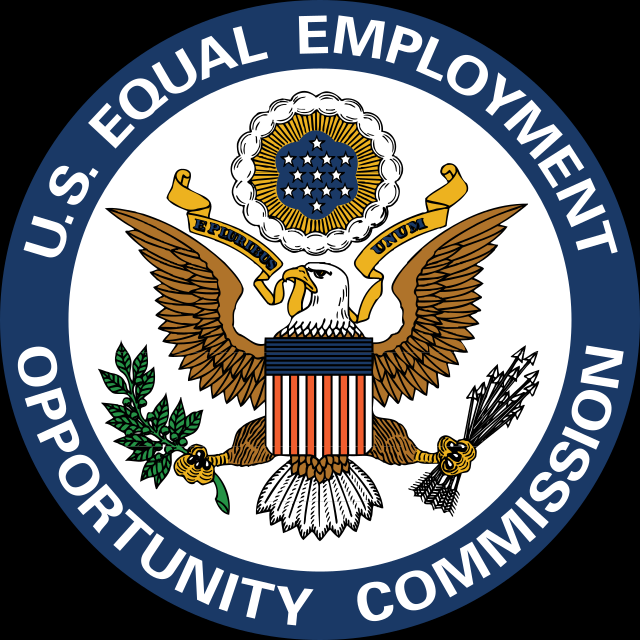The U.S. Equal Employment Opportunity Commission has sent letters to 20 prominent law firms demanding detailed information about their diversity, equity, and inclusion (DEI) programs, raising concerns that some of the firms' employment practices may violate federal anti-discrimination laws. The agency's inquiry, led by acting chair Andrea Lucas, signals heightened scrutiny of DEI initiatives within the legal industry amid broader efforts by President Donald Trump to dismantle diversity programs across sectors.
The letters, issued Monday, request a wide array of data regarding the firms' hiring, compensation, internships, scholarships, and fellowship practices. Lucas specifically questioned whether some DEI policies adopted by the firms constitute "unlawful disparate treatment in terms, conditions, and privileges of employment, or unlawful limiting, segregating, and classifying" employees based on race, sex, ethnicity, or other protected characteristics under Title VII of the Civil Rights Act of 1964.
"The EEOC is prepared to root out discrimination anywhere it may rear its head, including in our nation's elite law firms," Lucas stated. "No one is above the law-and certainly not the private bar."
Several firms named in the inquiry-including Perkins Coie, Hogan Lovells, Ropes & Gray, and WilmerHale-are currently representing plaintiffs in lawsuits against the Trump administration or have prior affiliations with the president's political opponents. Some of these firms have publicly committed to diversity goals, including numerical targets for recruitment based on race, ethnicity, gender identity, and sexual orientation.
The EEOC's letters request that the firms disclose:
- Names, sex, race, and employment status of every lawyer who has worked at or applied for a position since 2019
- Participation data in diversity programs, internships, scholarships, and affinity groups
- Hiring and compensation records
- Client requirements or preferences regarding diversity since 2019, along with related internal communications
Firms were instructed to submit some of the data in a "searchable Excel spreadsheet." None of the firms immediately responded to requests for comment. A spokesperson for Hogan Lovells said the firm had no immediate comment.
The EEOC traditionally launches investigations after receiving complaints from workers or its commissioners. There is no indication that Lucas has filed formal complaints against the firms, though she was explicitly directed by one of Trump's recent executive orders to examine law firms' employment practices.
Trump, who has prioritized rolling back DEI programs in the federal government, higher education, and private industry, issued executive orders earlier this month targeting Perkins Coie and Paul, Weiss, Rifkind, Wharton & Garrison. The orders cited the firms' internal diversity policies and past representation of his political adversaries as grounds for suspending security clearances and restricting access to federal contracts.
Perkins Coie has challenged the order in court, alleging constitutional violations. A judge temporarily blocked parts of the order last week.
The letters' request for client-related diversity policies raised additional concerns among legal experts, who suggested law firms may resist disclosure on grounds of attorney-client privilege or confidentiality. Producing such information could expose corporate clients to scrutiny from the administration, they noted.
Trump's administration has also targeted DEI requirements in legal education. U.S. Attorney General Pam Bondi has threatened to revoke the American Bar Association's accreditation authority over law schools, citing mandates that institutions maintain diverse student bodies and offer equal opportunities for minority students.






